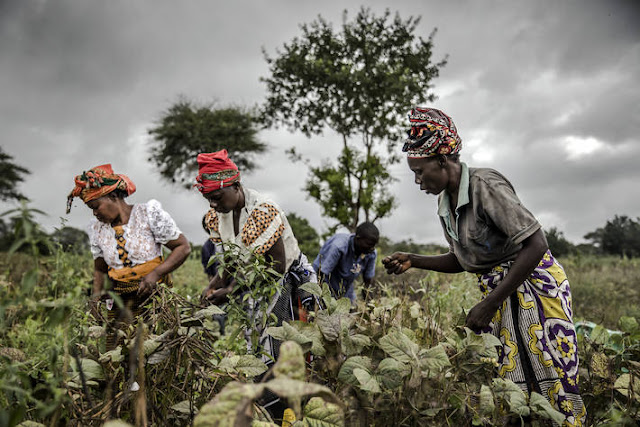Wealthy anti-GMO society

I had neglected my blog due to the new YouTube channel that I’m trying to promote (without much success at the moment). Today, the TV visited the research centre of the IPK where I am, to hear first-hand the scientists’ opinion on the GMO debate in Germany and the EU. This has inspired me for the following post. Let it be clear beforehand that it is valid for each individual to have their own preferences and concerns, but it is also crucial that the GMO debate is based on scientific evidence and considers the global context of food security and agricultural development. With that being said... I love how Kenyan plant physiopathologist Florence Wambugu summarized so clearly in an interview what I'm about to present: 'I think it's great that they discuss GMOs yes or no in Europe, but can we eat first?' Agriculture currently accounts for 50% of all global soil erosion, 33% of global greenhouse gas emissions, 75% of nitrogen emissions, and 80% of deforestation worldwid
